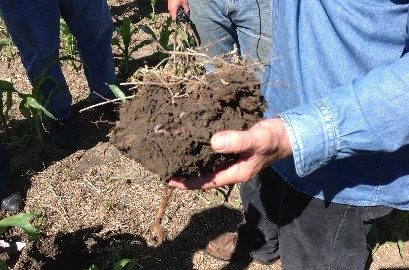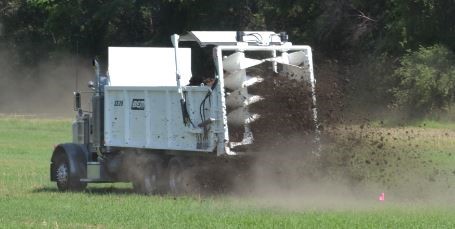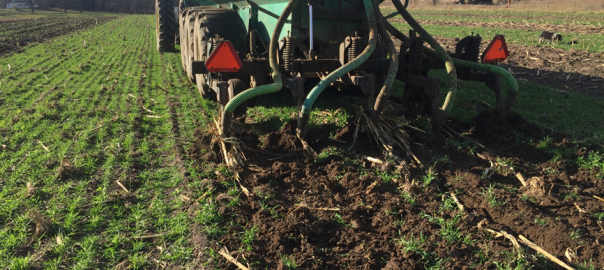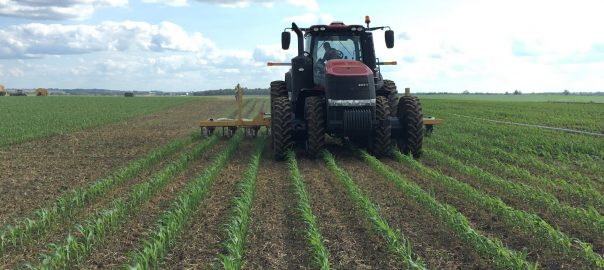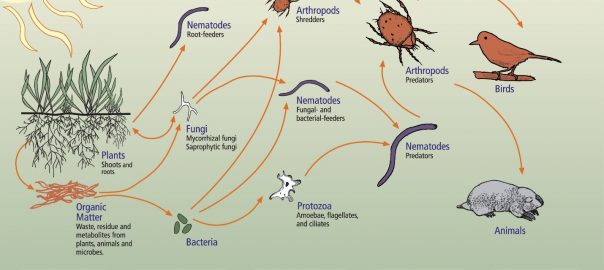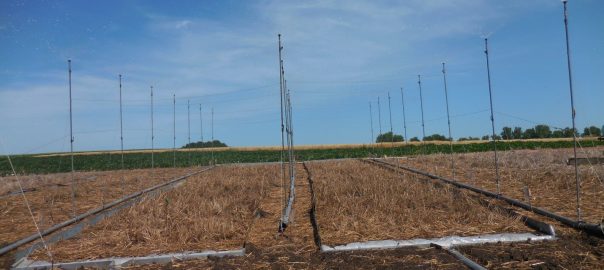Getting to the Science of Soil Health: USDA Releases Standard Indicators and Laboratory Procedures to Assess Soil Health
The enthusiasm for the soil health principles in some cases has gotten ahead of the science behind them. To address this, NRCS and the Agricultural Research Services (ARS) lead a diverse group of technical experts in selecting methods to assess six standard soil health indicators, which focus on key physical and biological process that must function well in healthy soils. The document titled “Recommended Soil Health Indicators and Associated Laboratory Procedures”, Technical Note No. 450 (PDF) was developed by a group of experts and provides information getting us closer to understanding the science behind soil health and how it is best measured.
Read More...
